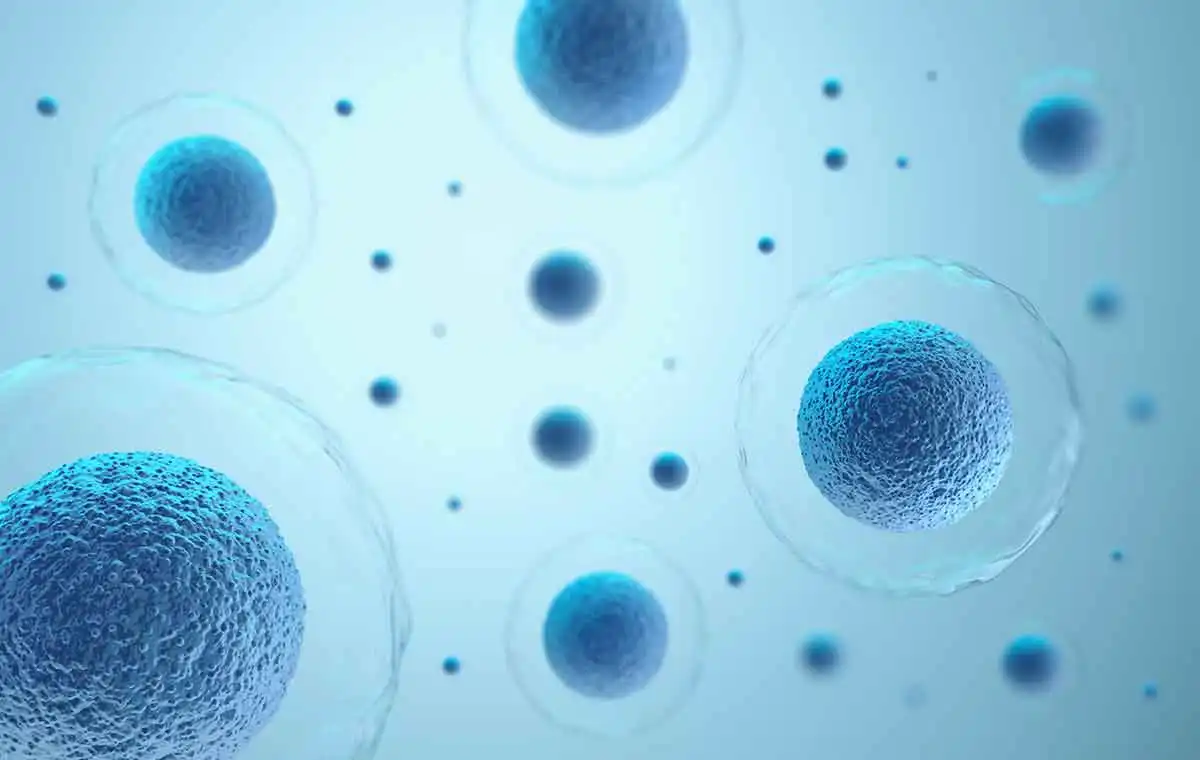
Apr 17, 2025
Blog Life Sciences 7 FDA-Approved CAR T-Cell Therapies Advancing Cancer Treatment
Chimeric Antigen Receptor (CAR) T-cell therapy is a revolutionary form of immunotherapy that has shown significant promise in treating various types of cancer, particularly hematologic malignancies such as leukemia and lymphoma. This therapy involves genetically engineering a patient's T-cells to express receptors specifically targeting and destroying cancer cells.
According to BCC Research, the global market for CAR T-cell therapy is expected to increase significantly. In 2024, it was valued at approximately $4.6 billion and is projected to reach $25.1 billion by the end of 2029, growing at a compound annual growth rate (CAGR) of 40.2%. This impressive growth is driven by several factors, including the increasing incidence of cancer, the Growing significance of precision medicine, and Growing investments and funding in CAR T-cell therapy research.

The global market for CAR T-cell therapy is expected to grow from $4.6 billion in 2024 and projected to reach $25.1 billion by the end of 2029, at a compound annual growth rate (CAGR) of 40.2% from 2024 to 2029.
The CAR T-cell therapy market is characterized by quick developments and significant contributions from major pharmaceutical and biotech firms. With continuous research and development, these therapies hold the potential to transform cancer treatment and offer new hope to patients worldwide.
Consider becoming a member of the BCC Research Library and gain access to our full catalog of market research reports in your industry. Not seeing what you are looking for? We offer custom solutions too, including our new product line: Custom Intelligence Services.
Contact us today to find out more.

Kavita Rawat is a Marketing Operations Executive at BCC Research, with a master’s degree in business. She specializes in optimizing marketing strategies and content creation. With her MBA, she combines her passion for marketing with her academic prowess to drive success in the ever-evolving field.
In today’s fast-paced biomedical world, researchers and pharmaceutical companies...

Radiopharmaceuticals represent a cutting-edge frontier in modern medicine, offer...

Implantable Remote Patient Monitoring (IRPM) devices are revolutionizing healthc...

We are your trusted research partner, providing actionable insights and custom consulting across life sciences, advanced materials, and technology. Allow BCC Research to nurture your smartest business decisions today, tomorrow, and beyond.
Contact UsBCC Research provides objective, unbiased measurement and assessment of market opportunities with detailed market research reports. Our experienced industry analysts assess growth opportunities, market sizing, technologies, applications, supply chains and companies with the singular goal of helping you make informed business decisions, free of noise and hype.